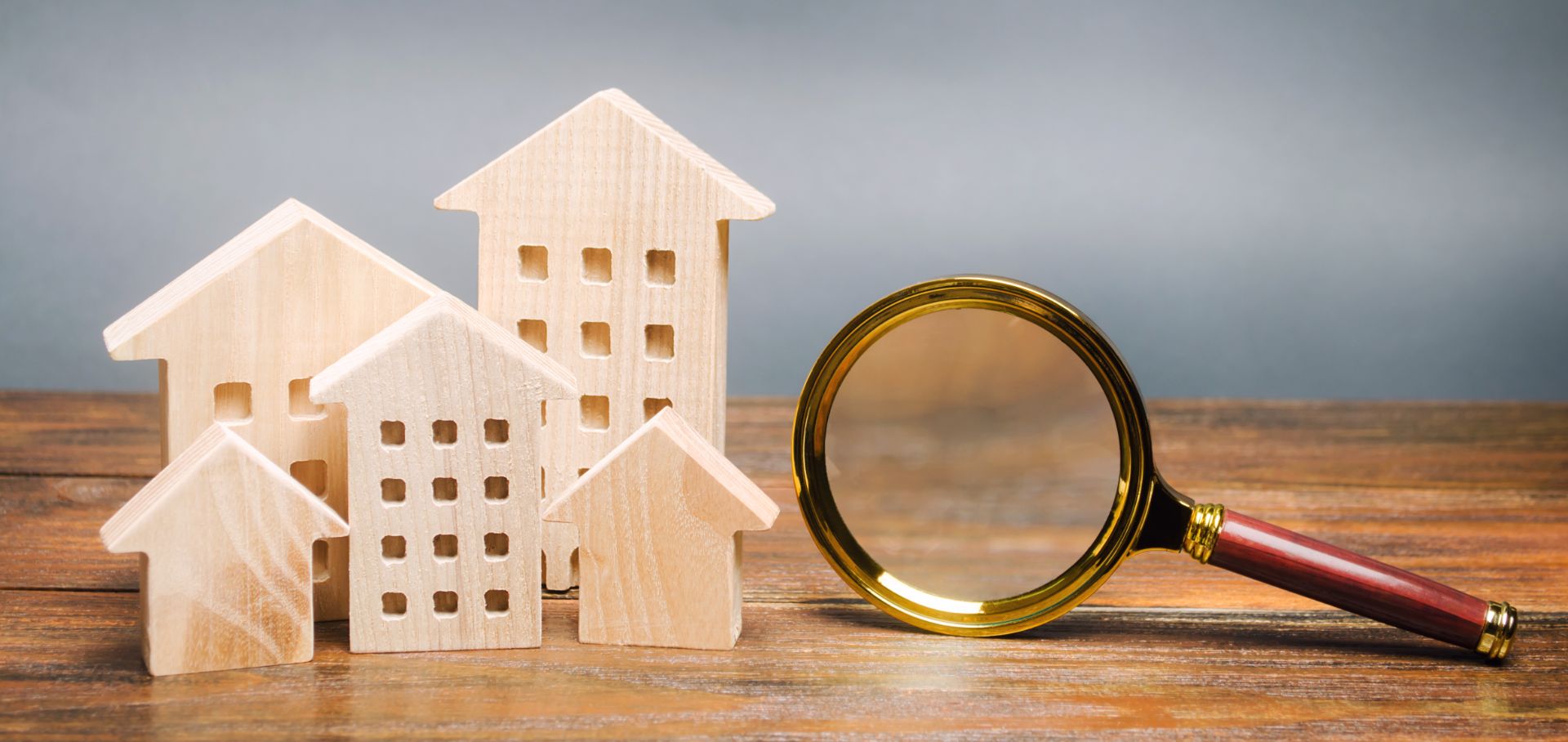
Real estate investors owning commercial property should know their responsibilities to their tenants when it comes to maintenance and repairs. Attending to these on a scheduled, regular basis ensures that the property and everything in it is free of structural flaws or damage and are well-maintained to give the tenants comfort and peace of mind.
Both landlord and tenant have their own roles to play when it comes to a rental property’s maintenance and repairs. Thus, it must be clear in the lease of agreement which responsibilities are assigned to whom.
Here’s an overview of the types of maintenance responsibilities in commercial property management:
Preventive maintenance
This keeps the property’s critical assets in good working order. It’s called preventive maintenance because you are tending to the said asset or equipment on a regular schedule. In doing so, you ensure longevity and avoid expensive emergency maintenance and repair fees.
Draft a preventive maintenance schedule that includes regular inspections of the property by the management and/or a third-party service provider. Make sure to share this schedule with the tenant/s. Examples of routine maintenance include landscaping, pest control, and HVAC services.
Predictive maintenance
This may appear similar to preventive maintenance but the critical difference lies in a system’s or a component’s condition. For example, if the property manager is aware of how old the HVAC system of the building is, they can – in addition to preventive maintenance – perform predictive maintenance before the unit begins to function at less-than-optimal capacity.
Routine maintenance
This type of maintenance is similar to cleaning house. It happens like clockwork, keeps things running nice and smoothly, and preserves the building from having any major repairs done. Weekly landscaping or lawn care and upkeep, monthly air filter replacements, and periodic checking of smoke detectors fall under this category.
Scheduled repairs
Prevention is always better than a cure, but there are times when machines simply break down. When this happens, repairs must be scheduled accordingly and in a timely manner so as not to disrupt the flow of business and operations in the building. Major repairs to look out for are roofing issues, foundation issues, and other structural issues around the property.
Renovations and remodeling
Tenants need to inform the landlord of changes they are planning to make in the space they are renting out. They are not allowed to make big construction changes to the property without explicit and written permission from the owner of the property. Moreover, asset improvement projects require permit applications and business-specific requirements before these can be implemented.
Emergency maintenance
Even with ample preventive maintenance, emergencies can still occur. Water, fire, and severe weather can cause major damage to the property. It’s best to have a plan for emergencies and a team ready to take on whatever emergency maintenance or repairs need to be performed in the property.
Are you considering adding commercial property to your investment portfolio? Or are you an existing owner needing sound advice on how to best keep your commercial property in optimal running condition? Come to us, the Cardinal Realty Group, for your specific needs. Just call 636.225.0385 or send an email to Hal(at)CardinalRealtyGroup(dotted)com.
